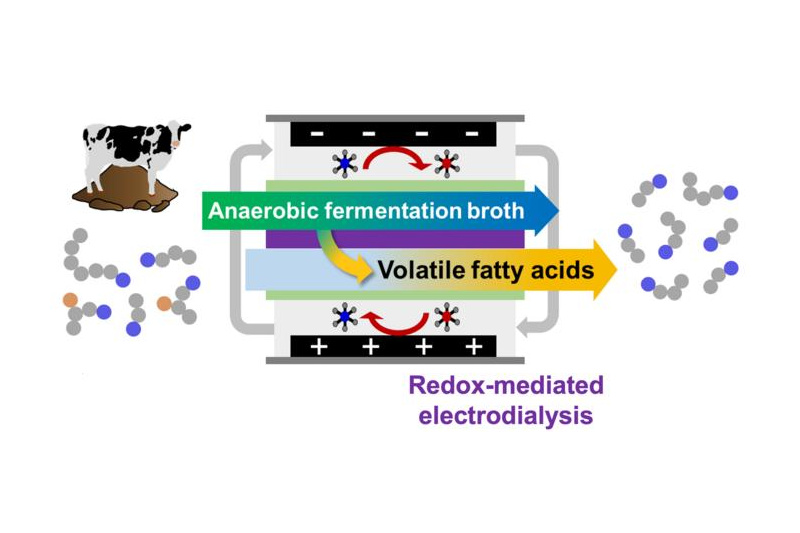

While it might not seem so the next time you go searching for your car keys, scientists at the University of Pennsylvania have shown that memories are not as fluid as current research suggests. Their findings challenge the prevailing notion on how memories are stored and remembered – or that a recalled memory could be altered or lost as it is “re-remembered.”
“Current theories of memory state that the act of remembering turns a stored memory into something malleable that then needs to be re-encoded,” said K. Matthew Lattal, a postdoctoral researcher in Penn’s Department of Biology and a co-author of the study. “We show that the act of retrieving an old memory and then putting it back into storage is a different process than creating a memory in the first place. Unfortunately, it could mean that ’erasing’ traumatic memories is not as simple as one might hope.”
The study will be published in the Proceedings of the National Academy of Science and will be available on the Internet this week in the PNAS Online Early Edition.
Previous studies in rodents had shown that the process of encoding a memory could be blocked by the use of a protein synthesis inhibitor called anisomycin. Experiments with anisomycin helped lead to the acceptance of a theory in which a learned behavior is consolidated into a stored form and that then enters a ’labile’ – or adaptable – state when it is recalled. According to these previous studies, the act of putting a labile memory back into storage involves a reconsolidation process identical to the one used to store the memory initially. Indeed, experiments showed that anisomycin could make a mouse forget a memory if it were given anisomycin directly after remembering an event.
In the PNAS study, however, the Penn researchers showed that disruption of a “re-remembered” memory was not permanent.
“When we looked at mice 21 days after they were treated with anisomycin to block the reconsolidation of a memory, we showed that they could, in fact, remember the original learned behavior,” Lattal said. “If you use the anisomycin, you can destroy a ’fresh’ memory, but the ’forgetting’ effect of anisomycin on an established memory is only temporary, at best.”
According to the Penn researchers, the prominent theory of how memories are stored cannot account for the return of a supposedly forgotten memory. Accounting for the temporary loss of memories following the act of remembering will require further study.
“Whatever molecular mechanism occurs as a memory is being put back into storage, it allows the original memory to remain unaffected,” said Ted Abel, an assistant professor in Penn’s Department of Biology and co-author of the study. “Ultimately, ’reconsolidation’ might not be an accurate portrayal of what is happening.”
Memory-related illnesses, such as post-traumatic stress disorder, would undoubtedly benefit from a more accurate understanding of the molecular events behind memory storage.
“There is much we don’t know about the molecular events that occur as our brain processes memories – and much good that can come out of a deeper understanding of how memories work,” Abel said.
The research was funded by grants from the National Institutes of Health, the Merck Foundation, the Packard Foundation, the University of Pennsylvania Research Foundation and the Whitehall Foundation.














